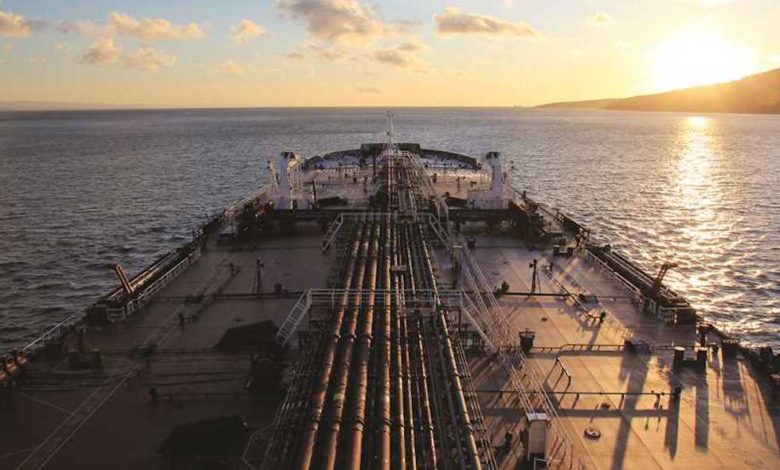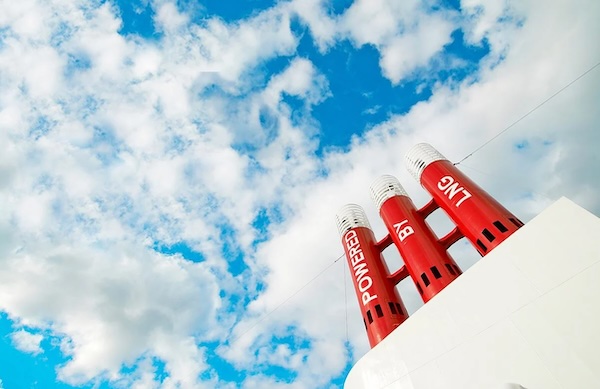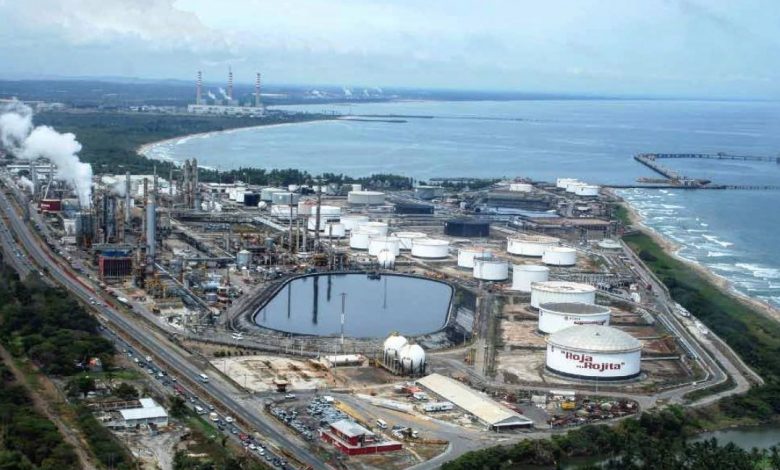Shipowners expect fleets will use three or more fuels by 2030
A survey of shipping companies found that the multi-fuel future expected for the maritime industry applies to individual fleets as well as the broader market.
Gary Howard | Apr 20, 2023
Stakeholders in the shipping industry face the challenge of choosing alternative fuels to decarbonise their operations while the fuels and related infrastructure remain in development. The scale of the energy requirements for international shipping necessitate a multi-fuel future on a market scale, but a recent survey suggests a diversity of fuels within individual fleets.
The publication “The shipping industry’s fuel choices on the path to net zero” by The Global Maritime Forum, the Global Centre for Maritime Decarbonisation and the Mærsk McKinney Møller Center for Zero Carbon Shipping surveyed 29 shipping companies on their current and future plans on future fuels, covering container ships, tankers, dry bulkers, gas carriers, cruise ships, tugs and offshore vessels.
Two-thirds of respondents had a clear view of the future fuel mix for their fleet, and the results showed shipping companies choosing multiple fuels in a bid to diversify.
Weighted by fleet size, 36% of respondents expect to have three fuel families used within their fleet and 45% expect four or more. The fuel families group interchangeable fuels together, with heavy fuel oil, marine gas oil, marine diesel oil, and biodiesel making up one category and LNG, biomethane/bio-LNG, and synthetic/e-methane/e-LNG making up another.
By 2050, 43% of respondents expect to have three fuel families within their fleet and 49% expect four or more.
“The most common scenario projected by 2050 (represented by 45 percent of respondents) is a fleet running vessels simultaneously on variants of fuel oil/biodiesel, methane, methanol, and ammonia. These outcomes would represent a significant increase in complexity over today’s fleets, in which managing simultaneous consumption of more than one or two fuel families within a given fleet is rare, and typically manifests as a pairing of fuel oil/biodiesel and methane (in the form of LNG),” said the report.
The forecast for the use of fuel oil shows a drop from 66% of operated ships in 2030 to 17% by 2050. LNG holds steady at 10% at 2030 and 2050, while significant growth is seen for green hydrogen, e-ammonia, blue ammonia, e-methanol, biomethanol and biodiesel.
Looking at current progress within the fleet, the survey shows widespread adoption and planned rollouts of efficiency measures such as voyage planning and energy management, with much lower levels for low carbon fuels. The least-popular family of measures was alternative power, which includes solar panels and wind assistance; 38% of respondents had no adoption of alternate power, 50% had plans but no pilots of the measures, 8% had piloted the measures and not yet adopted, and 4% had pilots with rollouts on the way. No respondents had alternative power deployed at scale.
Fossil-based fuel oil will remain the standard by 2030, respondents expected, but by 2050 there would be no standard fuel.
To accelerate the adoption of alternative fuels, respondents said the main drivers were price and availability of the fuels, the willingness of customers to pay a green premium, and regulatory change.
’’To reach a zero-emissions future, the industry needs a more ambitious regulatory framework with clear reduction targets and supporting policies to close the cost gap between green fuels and the fossil fuels that currently power the global fleet. The sooner there is clarity about targets and policies, and the sooner these come into effect, the easier it will be for companies to develop a view on how to meet the goals. The role of regulators will be crucial in this process, in particular the outcome of the ongoing negotiations at the IMO,’’ said Johannah Christensen, CEO of the Global Maritime Forum.
’’As the shipping industry is in a period of experimentation and exploration to understand the implications of adopting different green fuels, surveys like this play a crucial role to inform the industry and public, and support shipping’s transition to a zero-emissions future,’’ said Professor Lynn Loo, CEO of the Global Centre for Maritime Decarbonisation.
Bo Cerup-Simonsen, CEO of the Mærsk Mc-Kinney Møller Center for Zero Carbon Shipping, said, “the industry will need to think strategically about how to operate multi-fuel fleets and green fuels must be introduced in a safe and cost-efficient manner to make them the preferred alternative to current petroleum products.’’
The report The shipping industry’s fuel choices on the path to net zero is available to download from the GCMD website.







